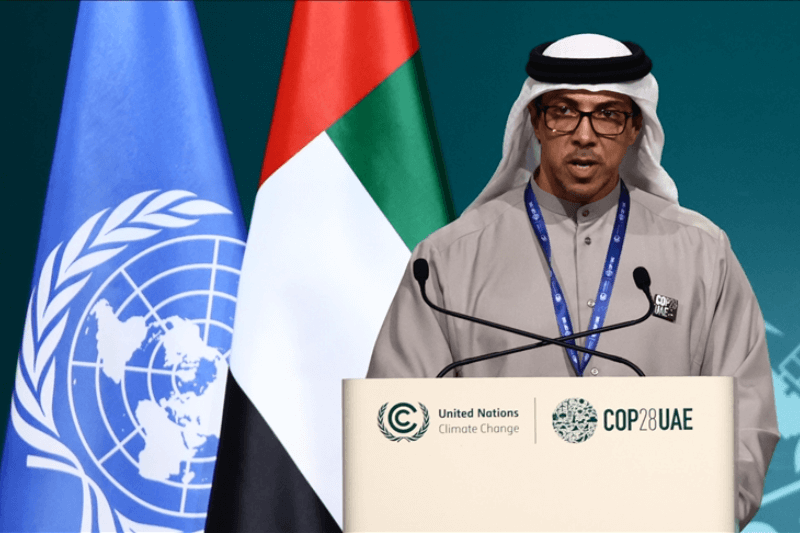
Why the EU-UAE Free Trade Talks Could Reshape Global Trade Alliances
The European Union (EU) and the UAE have agreed to start formal trade talks, with the shared goal of creating a free trade agreement. This agreement will help their economies to grow.
This move comes after recent tensions over tariffs. Earlier this month, former US President Donald Trump announced plans for new tariffs—20% on EU goods and 10% on UAE goods. However, he later paused them for 90 days to give room for negotiations.
European Commission President Ursula von der Leyen confirmed the EU is open to quickly moving forward with the UAE’s request. “They want a bilateral free trade agreement, and we are ready to work on it—and conclude it in a matter of months”.
UAE President Sheikh Mohammed bin Zayed also announced the news on social media, saying the agreement aims to deepen ties and support economic growth for both the UAE and EU countries.
The UAE has been working on many individual trade deals, especially as talks with the larger Gulf Cooperation Council (GCC) have been slow. In fact, trade talks between the EU and GCC began way back in 1990 but have been stalled since 2008.
Since 2021, the UAE has started work on 26 major trade agreements. Six of those deals are already active. Still, the EU remains one of the UAE’s most important trade partners—second only to China—reaching nearly $68 billion in trade (not including oil) in 2024.
The EU nations mostly buy mining products and manufactured goods from the UAE. And it sells machinery, transport equipment, and chemicals to the UAE.
UAE companies have also put money into many projects across Europe such as chemical factories in Germany and clean energy projects in Spain and Greece, building strong business ties.
The new trade talks will focus on making it easier to trade goods, offer services, and invest. They will also look at working together in important areas like green energy, hydrogen, and materials needed for new technologies.




